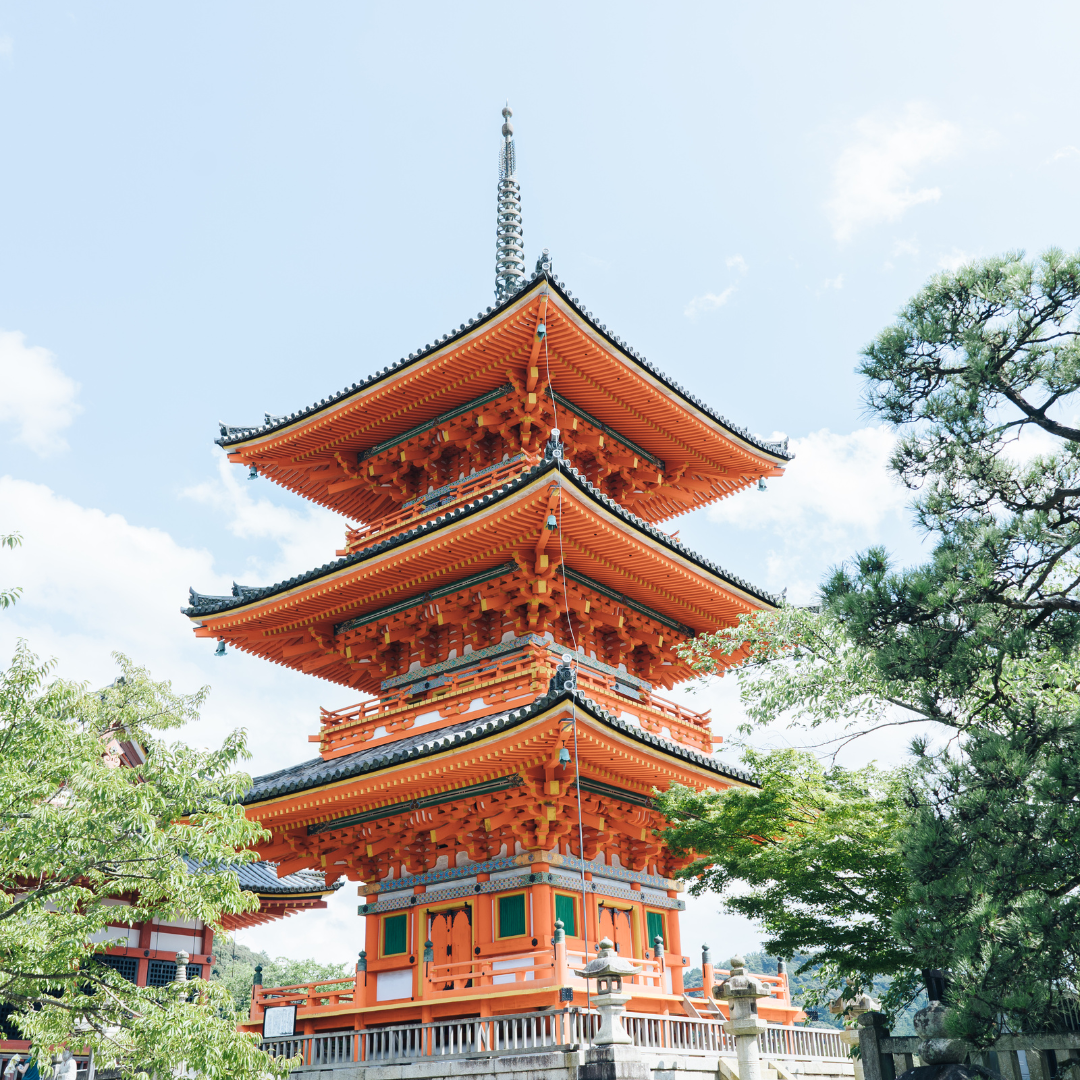A thrilling and culturally enlightening experience is traveling to Japan. It’s crucial to plan early if you want to get the most out of your trip and guarantee a smooth one. I’ll give you a thorough overview of how to travel to Japan in this lengthy blog post, including everything from visa requirements to cultural etiquette, transit alternatives, lodging options, and must-see locations.
Visa prerequisites:
Make sure you have the proper documentation before traveling to Japan. Depending on your country of citizenship and the reason for your visit, Japan has different visa requirements. The majority of travelers can travel to Japan for up to 90 days without a visa. However, it’s imperative to confirm the most recent visa requirements from the Japanese Ministry of Foreign Affairs or the official website of the Japanese Embassy in your country.
When to Go:
The ideal time of year to travel to Japan depends on your preferences and interests. Here is a quick summary:
The spring season, from March to May, is when cherry blossoms (sakura) bloom, making it one of the busiest travel times. It’s a nice, mild day outside.
Summer (June to August): The summer months of July and August can be very hot and muggy in Japan. Festivals and beach activities are both fantastic during this season.
Autumn (September to November): The autumn foliage (koyo), especially in November, is breathtaking. It’s a great time for hiking and other outdoor activities because the weather is pleasant.
Winter (December to February): If you prefer winter sports, the northern parts of Japan provide good options for skiing and snowboarding. Tokyo and other cities enjoy lovely holiday lighting displays.
Making Your Travel Plans:
Japan is a multicultural nation with a rich cultural history and breathtaking natural scenery. Although your schedule should suit your interests, there are several places you simply must see:
Tokyo: Japan’s capital offers a blend of tradition and innovation. Tokyo Disneyland, Tsukiji Fish Market, Asakusa Temple, and the energetic areas of Shibuya and Shinjuku are just a few of the things you shouldn’t miss.
Kyoto: Kyoto is a cultural treasure and is well-known for its ancient temples. Visit the historic Gion neighborhood, Fushimi Inari Shrine, and Kinkaku-ji (the Golden Pavilion).
Osaka: A vibrant city known for its street food, nightlife, and Universal Studios Japan.
Hiroshima and Miyajima: Explore the scenic Itsukushima Shrine on Miyajima Island and learn about Japanese history at the Hiroshima Peace Memorial Park.
Hokkaido: If you enjoy being outside, Hokkaido has beautiful scenery, hot springs, and winter sports.
Culture-Related Etiquette:
It is crucial to comprehend and respect Japanese customs.
Bowing: As a symbol of deference, the Japanese bow. For tourists, a light bow is appropriate.
Shoes: Take them off before entering a house, a ryokan, or some eateries.
Respect for Elders: Show consideration for senior citizens and, where appropriate, employ honorific words (keigo).
Tipping: Tipping is not expected and may even be disrespectful in Japan. Service excellence is anticipated.
Public Behavior: Act in a peaceful and dignified manner when in public. Speak quietly when using public transit.
Transportation:
Japan has a well-developed and effective transportation system.
Trains: One of the best transportation options in Japan is its huge rail network. If you intend to travel between cities, you might want to consider getting a Japan Rail Pass.
Subways: In large cities like Tokyo and Osaka, subways make it easy to go from one part of the city to another.
Buses: Buses are an option for getting to places that are difficult to reach by train.
Taxis: Although they can be pricey, taxis are safe. They work best for quick city excursions.
Accommodation:
Japan provides a range of lodging choices to meet different budgets:
Hotels: Japan offers a variety of hotels, from the most luxurious to the least expensive.
Ryokan: Traditional Japanese inns with tatami mat rooms and kaiseki meals offer a distinctive cultural experience.
Capsule Hotels: A reasonably priced and distinctively Japanese hotel option.
Hostels: In most cities, budget visitors can locate hostels.
Food:
Japanese food is excellent and diversified. Don’t forget to try Takoyaki (octopus balls), tempura, ramen, sushi, and ramen. Discover the local fare on the streets and experience Japanese nightlife at izakayas (pubs).
Language:
Despite the fact that most signs in popular tourist destinations are in English, learning a few basic Japanese words and having translation software on hand might be useful.
Safety:
Japan is regarded as one of the safest nations in the world. However, it’s crucial to maintain vigilance and exercise the same prudence you would everywhere else.
A trip to Japan is a memorable adventure full of gastronomic delights, magnificent beauty, and cultural surprises. Your vacation to Japan may be a wonderful journey if you prepare well and keep an open mind. Have fun traveling through this stunning, culturally diverse nation!


